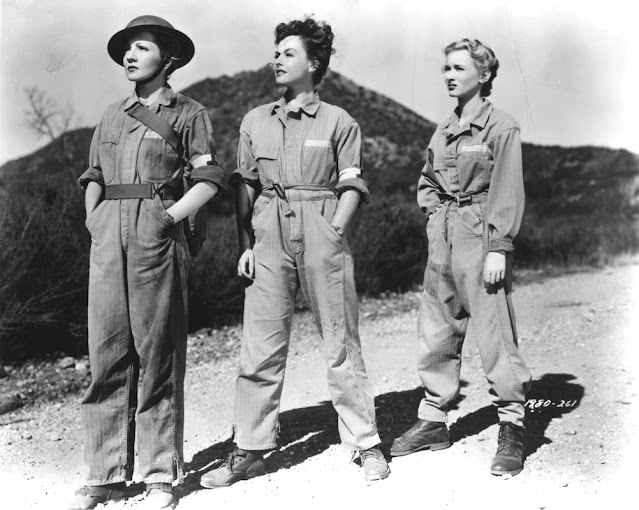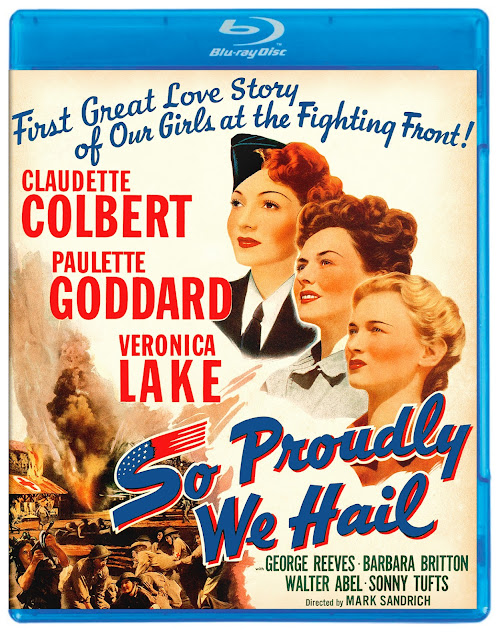This was originally published in the former The Classic Film Collective Patreon.
Just as I Am
On January 26th, 2021, HarperCollins published Cicely Tyson’s memoir Just as I Am. Two days later, the great screen legend passed away, just as she was gearing up to promote her new book. Just before her passing, Tyson left us a precious gift. Just as I Am offers us mere mortals a look inside the mind of a screen queen. Tyson broke the mold of what black actresses should look like and what parts they should play. Generations of women after her benefited from Tyson’s defiance. Her work included notable performances in The Autobiography of Miss Jane Pittman, Roots, The Heart is a Lonely Hunter and Sounder, all of which she discusses at length in her book. Tyson also shares stories of growing up in the West Indian community of Harlem, becoming a teen mother, her transition from modeling to acting, her tumultuous relationship with musician Miles Davis and the many friendships she formed. Reading Tyson’s memoir was like drinking an elixir that offered me clarity and wisdom beyond my years. Here are some of my favorite life lessons that I extrapolated from reading Just as I Am.
(Note: Tyson’s memoir was co-written by Michelle Burford so quotes are most likely written by Burford but true to Tyson’s voice.)
Life lesson #1: Trust your gut
“I know instantly whether I should take a role. If my skin tingles as I read the script, then it is absolutely something I must do.”
At one point in her life, Tyson developed ESP and claimed that she could make predictions about major life events shortly before they happened. I personally believe these visions were a result of how in tune she was to her gut instincts. She knew when to take on a role and when to turn one down. Trusting her instincts benefited her throughout her career.
Life lesson #2: Know thyself
“The human desire to know where we’ve come from, and who our fore-parents were, is a universal longing that transcends ethnicity.”
Tyson had “misgivings about portraying domestics” and often turned down those roles, with a couple exceptions. Instead, she focused on characters she could connect to even if it meant dressing down or portraying someone much older. Tyson had this innate sense of self that guided her throughout her life making her the sole master of her fate.
Life lesson #3: Personal connections matters most in life
“We’d laugh and carry on for hours, talking about everything and everyone. That conversation went on for sixty years.”
Tyson had an incredible memory and it’s astonishing to see the level of detail she remembered from her childhood and her formative years. She clearly cherished personal connections above all else. This was most apparent while reading stories about her lifelong friendship with dancer Arthur Mitchell. When she accepted her honorary Oscar in 2018, she took the opportunity to pay special tribute to her dear friend. Years ago, he had promised to take her to the Oscar ceremony if she were ever to win. However, he passed away a few days before he got the chance. Make sure you have a tissue handy when you watch Tyson’s acceptance speech!
Life lesson #4: Do what you love
“I suppose to be truly successful at any pursuit, you have to fall in love with it, surrender to its gravitational pull, allow it to carry you off to that world of giddy sleepiness.”
At first Cicely Tyson balked at the idea of becoming an actress. The acting profession was looked down upon, especially among certain communities, and good opportunities for black actresses were still difficult to come by. However, Tyson found her stride with acting and she felt that she could really tap into a reserve of natural talent within her. At first her mother rejected Tyson’s newfound profession and it put a strain on their relationship. Seeing her daughter’s success, she warmed up to the idea. I really admire Tyson’s devotion to her craft and willingness to overcome obstacles in order to pursue her dreams.
Life lesson #5: Don’t be afraid of being successful
“I have never been shy about making money. The most potent antidote to reticence is survival.”
Years before she ever became an actress, Cicely Tyson started adult life as a fiercely independent career woman and was unapologetic about being so. She worked hard to send her daughter “Joan” to the best schools and to make it on her own as a single mother. She worked as a secretary, hairstylist and model before she was discovered by producer Warren Coleman. As women, we’re often made to feel ashamed for wanted money and/or success. Tyson knew that money could offer her opportunities that were otherwise hard to come by. She was careful about taking on new opportunities, studying and analyzing scripts closely to make sure the role suited her sensibilities. In the memoir she wrote, “as ambitious as I was to earn money, I had no interest in making a public spectacle of myself.”
Life lesson #6: Defy beauty standards, do your own thing
“I never set out to start a natural hair craze.”
In 1962, Tyson had been playing the role of an African immigrant on the TV show East Side/West Side. She put a lot of thought into her character and came to the conclusion that “so adamant was this woman about embracing her native culture, there was no way she would have chemically processed hair. It didn’t feel right to me.” She went to her local barbershop and told the barber she wanted to get rid of all her relaxed hair and started afresh. She was the first black actress to wear her hair natural on TV and by doing so upended a strict standard of beauty. Tyson and women like her have inspired me to wear my hair natural and to embrace my own differences.
Life lesson #7: Hydrate and drink your greens
“I’d begin the day with a cup of fresh celery juice (before any solid food, as a way to cleanse my system)…”
In 1976, Tyson went to a health spa where she was put on a diet of organic fruits, vegetables and grains. She came out of the experienced a changed woman. In her memoir she wrote, “when I left there after a week of following that program, the world looked different to me. My head was clear. Colors, smells, and sounds felt more pronounced. My memory improved. I felt energized. So on my own at home, I continued eating that way.” For the next 40+ years, Tyson was a dedicated vegetarian (and sometimes pescatarian). She started her day with 4 glasses of water, eight ounces of fresh celery juice and would eat vegetables and limited fruits throughout the day. At the time of writing her book she said, “the change has agreed with me, it seems. At age ninety-six, I’m still kicking.”
After reading this I immediately started juicing again. I was a bit weary of drinking celery juice straight so instead I make a green juice that includes celery with a bunch of other good stuff mixed in. Here is the recipe if you’d like to try it out. Enjoy!
4 stalks of celery
1 large handful of baby spinach
2 large cucumbers peeled (or unpeeled English cucumbers)
1-inch nub of ginger
1 lime peeled ( it's easier to cut off rind with a serrated knife)
2 apples cored
4 sprigs of mint
Add ingredients to a juicer on the highest setting. Makes about 24 oz of juice.














